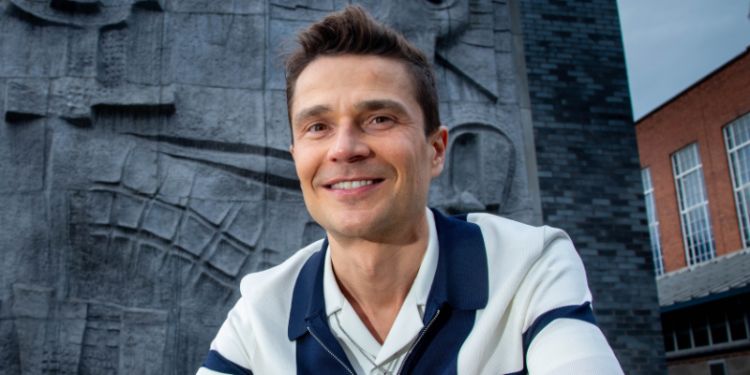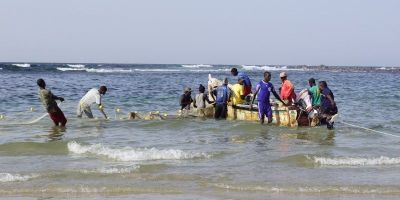PRIDE Guidelines for LGBTQ+ fieldworkers and allies

Researchers are creating a toolkit that peers can use to ensure fieldwork is more inclusive, diverse and equitable for LGBTQ+ people.
A research team led by Dr Martin Zebracki from the School of Geography has been awarded a Research England Enhancing Research Culture Fund in support of the project ‘PRIDE Guidelines: Pointers for Research that is Inclusive, Diverse & Equitable for LGBTQ+ fieldworkers’.
The team also includes Dr Fiona Gill, Dr Sam Wimpenny (currently at the University of Bristol), Dr C Scott Watson, Helena Brown, and project research assistant Dr Robin Hayward from the School of Earth and Environment.
Their bespoke PRIDE Guidelines will empower LGBTQ+ fieldworkers and allies. They will also involve fieldworkers who may not personally identify as LGBTQ+ but who engage with LGBTQ+ people or issues in their fieldwork, to ensure that the guidelines have wider application.
This project will develop a novel LGBTQ+ focus following the insights from the team’s previous Research England research project on safe, inclusive and equitable fieldwork in Geography, Earth & Environmental Sciences (GEES). This project produced a set of informational videos:
Watch 'Safe, Inclusive and Equitable Research Fieldwork – An Introduction' on YouTube.
Answering urgent needs for fieldworkers
Following the feedback from participants in their previous research, the team identified scope for greater consideration of LGBTQ+ issues in conducting fieldwork responsibly and inclusively.
The PRIDE Guidelines project will conduct focus groups with fieldworkers and staff supporting fieldwork across the institution whose insights will guide the collaborative development of:
- a publicly accessible toolkit including videos that explain bespoke guideline content and raise awareness of LGBTQ+ inclusive, diverse and equitable fieldwork practice.
- an associated unique typeset version of the guidelines, including code of conduct and risk assessment.
The PRIDE Guidelines may include information about tackling LGBTQ+ phobic attitudes and legislation in certain locations; discomfort, fear and harassment involved around LGBTQ+ visibility in fieldwork; and ethical and practical guidance and institutional support for promoting LGBTQ+ inclusive fieldwork.
The video toolkit will be produced in collaboration with a commissioned video production company, Motus TV, highlighting focus group key insights.
The resources will be made publicly available to serve as an advocacy tool that LGBTQ+ fieldworkers and allies can use and share as needed.




